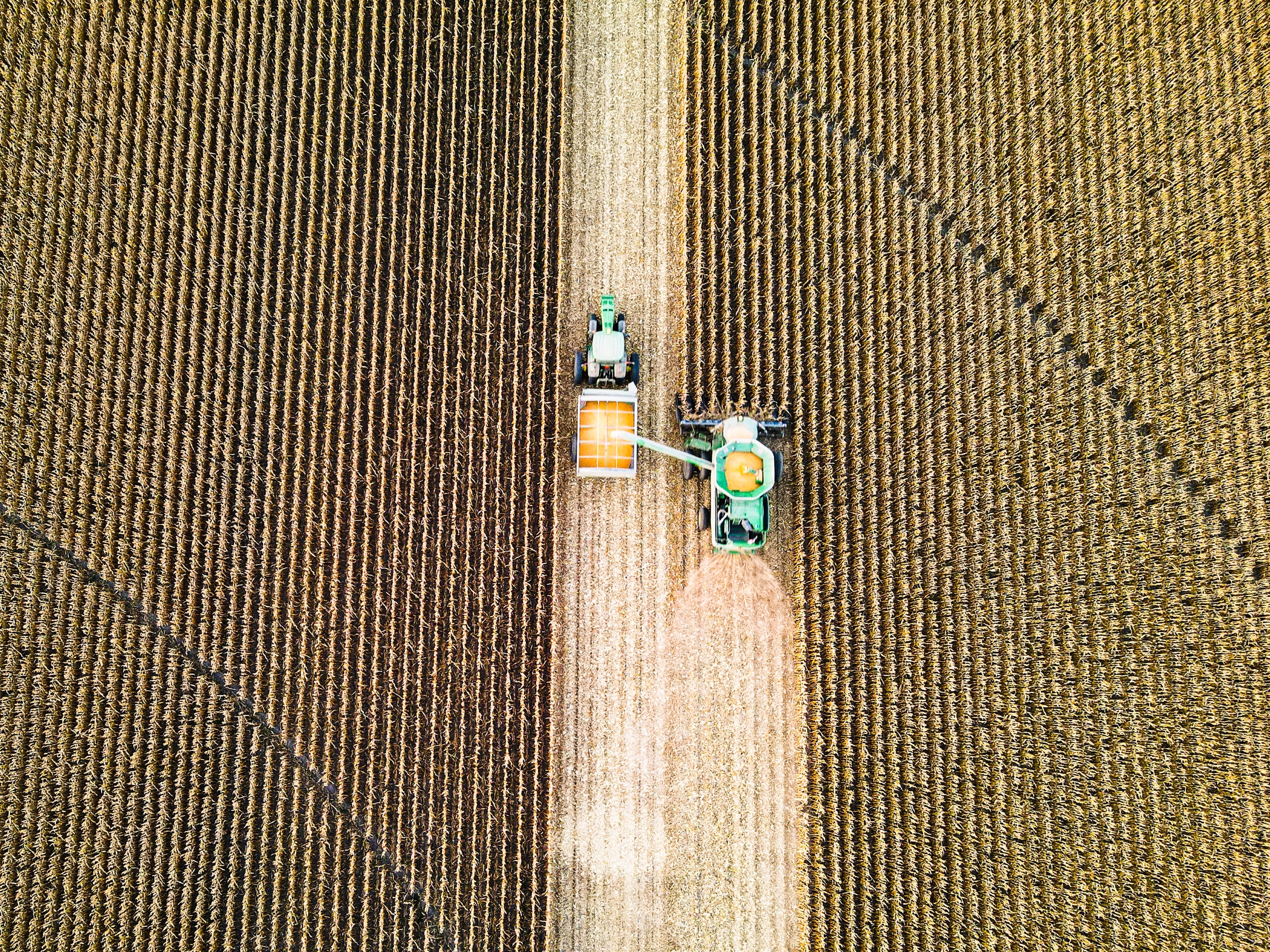Agriculture and farming: 3 tips for the storage of chemicals
In farms, flammable liquids are often stored in large quantities, usually alongside a wide range of other chemicals, substances and dangerous goods.
Here are 3 key considerations for keeping the company and workers safe.
1) Fire safety
In any workplace, one of the first things to consider when storing flammable liquids is fire safety. Fire safety in rural areas can be particularly challenging because it combines large amounts of flammable chemicals and an unlimited source of fuel (e.g. combustible materials such as wood or hay).
To assess and manage fire risks, it is necessary to know how chemicals can catch fire and how this can spread in the area. It is therefore necessary to evaluate:
- The flammable chemicals themselves
Assess the physical hazards of flammable liquids and determine how they ignite, burn, explode or react with other substances. - The sources of ignition
Any chemical assessment of the risk should consider the most likely sources of ignition and ensure that they are stored at least 3 meters from all flammable liquids. - The fuels
There is usually a wide range and quantity of combustible materials that can fuel the fire on a rural construction site.
We recommend to keep combustible objects away from flammable liquids, and we always suggest to use safety cabinets for the storage of flammable liquids, even for small quantities of chemicals: the cabinets can hold flammable vapors and isolate them from ignition sources and incompatible substances, such as fertilizers.
2) Risks of chemical incompatibility
Farms usually transport many different types of chemicals at the same time - remember that some of them may be incompatible.
Make sure to perform an assessment of the risk before introducing new chemicals in your company, and training all of your employees. The assessment of the risk should eliminate (or at least minimize) the likelihood of incompatible substances coming into contact with each other.
3) Environmental impact
Farms, plantations and crops can cover vast tracts of land, often requiring the storage of fuel, pesticides and other chemicals in satellite locations, in permanent or temporary storage.
It must always be considered that a chemical spill could be catastrophic for the future production capacity of the farm, as well as for the natural ecosystem. Again, safety cabinets for flammable chemicals and liquids can offer invaluable help.
In any case, pay attention to:
- Contraindications of chemicals (e.g. toxic, corrosive, dangerous for groundwater).
- Proximity to dams, canals, waterways and rainwater.
- Site boundaries and proximity to buildings, vegetation, livestock and forestry.

